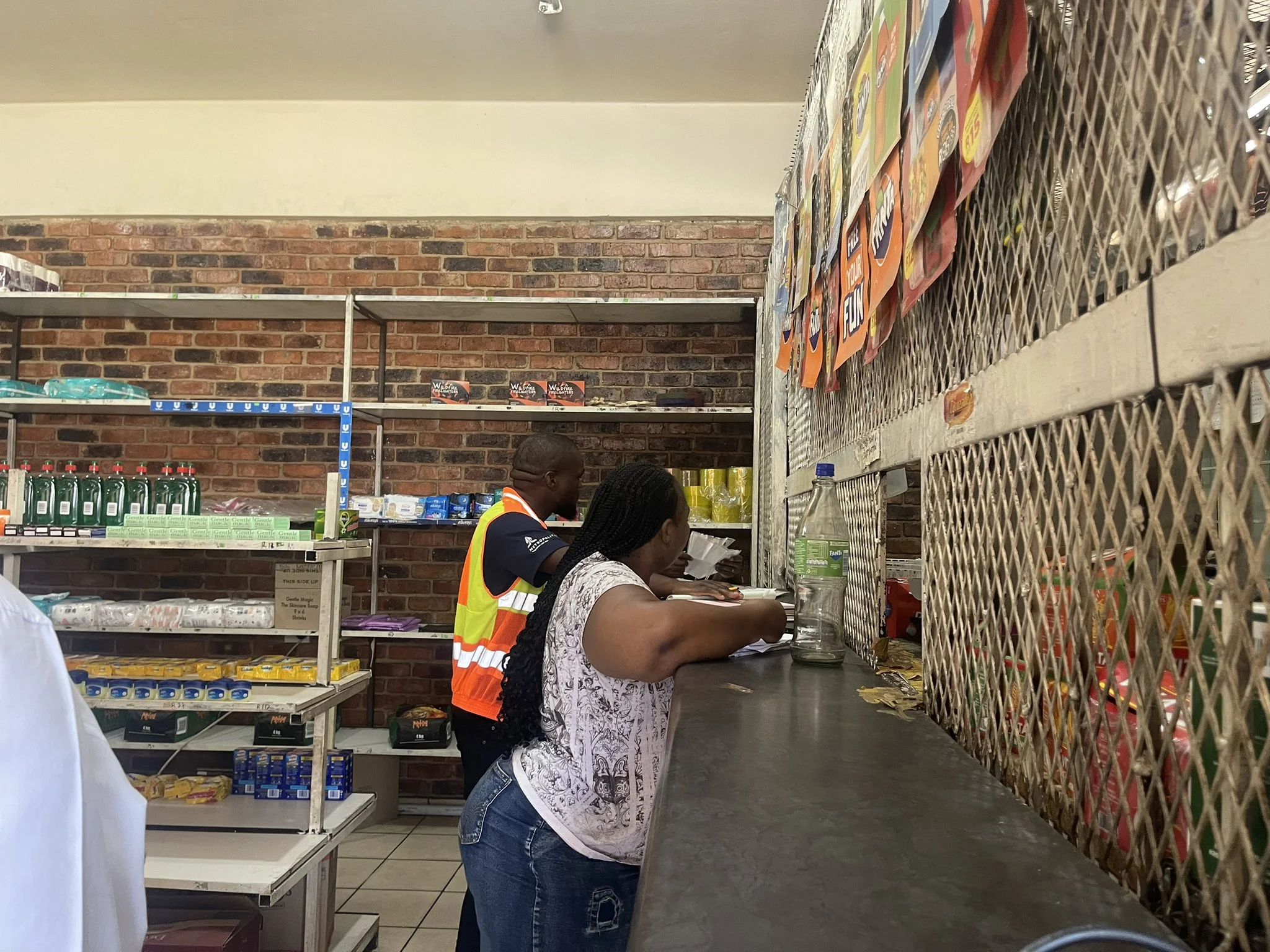Selling expired and poisonous food has become a serious issue in South Africa, affecting people nationally. This issue has highlighted how the government has neglected townships and working class communities. The government and food inspectors have not been doing enough to ensure food sold to people is safe for consumption, they need to continuously check hygiene and nutrition standards of food items in all shops, on a regular basis.
Thulani Nxayi (36) a community health worker from Port Alfred, in Sarah Baartman District, demands action from the government. “Every shop should undergo regular inspections to guarantee food safety. We must track food from production to expiration and destroy expired food items. Shops that do not meet the standard should face closure and owner should be arrest,” added Nxayi.
Andisiwe Skeyi (33), a mother of three, from Makhanda, said our children are vulnerable to expired and poisonous food, children don’t know what is expired and what is not, they buy and eat the food then they get sick or even die, it’s seriously heartbreaking. Community members are scared, people don’t know which food is good for consumption anymore, explained Skeyi.
Since this issue surfaced, several reports from the Western Cape say expired food have been dumped carelessly in Khayelitsha and other areas during recent food inspections. This is alarming as children pick these expired items and eat them. Shop owners are asked to dispose of expired food safely, to ensure children’s safety.
In a long-awaited response, on 15 November 2024 President Cyril Ramaphosa announced strict health inspections in retail and spaza shops to prevent chemical misuse and improve food safety. He also gave Spaza shop owners 21 days to register their businesses, or their businesses will be closed.
Speaking on SABC, Bheki Twala who is the president of the Township Economic Commission South Africa criticised the government’s reactive approach, he says the issue of food inspection should have been brought up during the Listeriosis outbreak. “We are calling for protection for informal street traders, many of whom are women who have built trust with customers over the years, they’ve raised a lot of children in communities,” added Twala.
Twala was alluding to the fact that the decision to register informal traders will result in possible restriction and closure of businesses for those who truly depend on them.
The government needs to be proactive in such issues and bring solutions that would not cripple people’s livelihoods. Communities need solutions that will not exclude the vulnerable and protect the big businesses that are just as guilty of selling deadly food.
This article is an opinion piece submitted on 01 December 2024. The views expressed by the author do not necessarily reflect those of Karibu! Online or Khanya College. You may republish this article, so long as you credit the authors and Karibu! Online (www.Karibu.org.za), and do not change the text. Please include a link back to the original article.


 Download PDF
Download PDF
